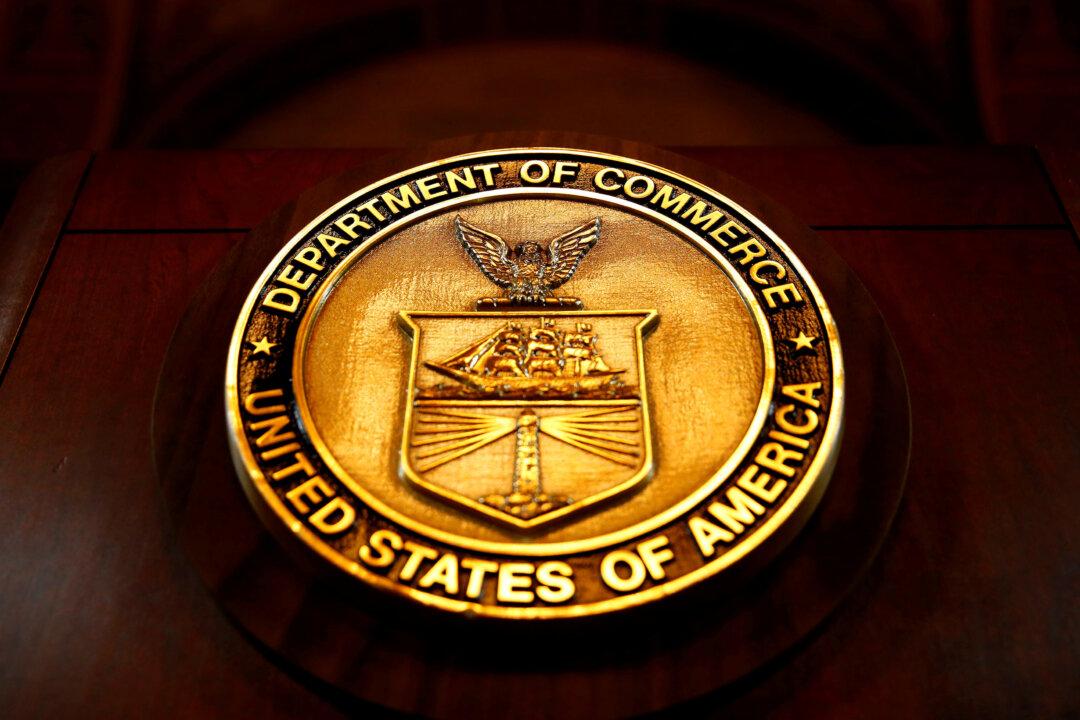A Senate report on a security unit within the Commerce Department alleged that poor management and weak oversight drove the unit to morph into a “rogue, unaccountable police force” and what whistleblowers described as a “gestapo.”
The report (pdf), released by Sen. Roger Wicker (R-Miss.), the top Republican on the Senate Commerce Committee, accused the Investigations and Threat Management Service (ITMS) of launching “frivolous investigations” against employees and of “improper exercises of law enforcement powers,” likely resulting in violations of civil liberties and other constitutional rights.





